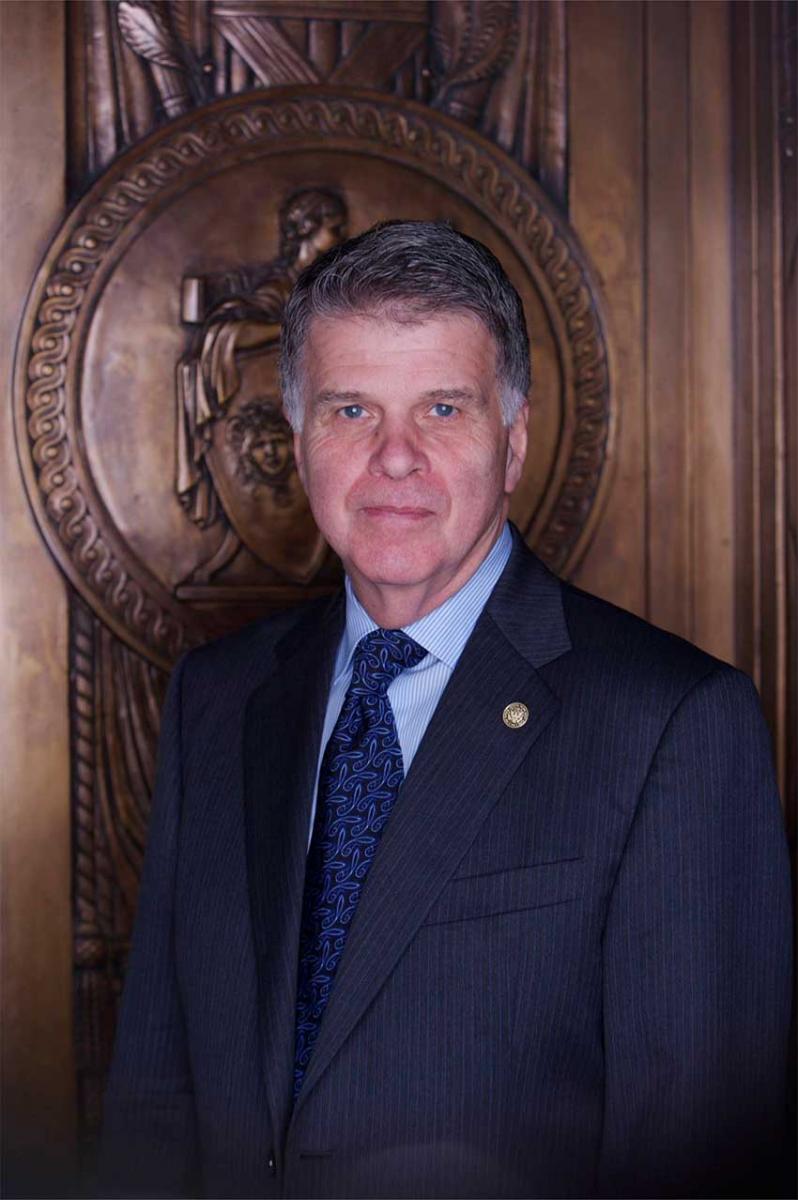
Archivist's Welcome Remarks National Conversation: Rights and Justice
President Jimmy Carter Library, Atlanta, Georgia May 20th, 2016
Good afternoon!
It is so nice to have you here today at the Jimmy Carter Presidential Library for our first National Conversation on Rights and Justice.
In 2014, I attended a Civil Rights Summit at the Lyndon Baines Johnson Presidential Library to mark the fiftieth anniversary of the Civil Rights Act of 1964. The summit brought four U.S. presidents, civil rights leaders, scholars, and activists together to discuss the future of civil rights advocacy in America. One of the biggest things to come out of the conference for me was the realization that there is so much more to say about rights and justice 52 years after the signing of the Civil Rights Act. And the idea for the National Conversations was born out of this need to continue these crucial discussions.
As a Federal agency, the National Archives is responsible for the collection and preservation of the Charters of Freedom––the Declaration of Independence, the Constitution, and the Bill of Rights––in addition to 13 billion other records that tell the American story and its continued challenges and successes towards a more perfect union.
We have chosen the 225th anniversary of the ratification of the Bill of Rights to open a new exhibit "Amending America," in the Lawrence F. O'Brien Gallery at the National Archives Museum in Washington, DC. The exhibit showcases both successful and unsuccessful attempts to amend the Constitution. As the permanent home of the Bill of Rights, no institution is better poised than the National Archives to not only celebrate the anniversary of this extraordinary document but also explore its meaning for civil rights today. We want to use this moment to engage Americans in conversations about complicated issues such as class, gender, politics, race, religion, and sexual orientation through the National Conversations. The content of the discussions will build on the National Archives' holdings, connecting key foundational documents to the challenges before us. But our larger goal is more ambitious—to advance discussion of these critical issues in communities across the nation and to bring to the forefront challenges to rights and justice that persist 225 years after the ratification of the Bill of Rights.
We will be using several National Archives locations across the country and partnering with other cultural institutions to present this series. The National Conversations on Rights and Justice will be held in Chicago, New York City, Los Angeles, Dallas, and Washington, DC, over the next year. I hope you will join us for future discussions either in person or online.
I want to express our gratitude to our partner, the National Archives Foundation, for supporting this series. And a big thanks goes out to our lead sponsor for the Amending America initiative AT&T, as well as the Ford Foundation and Seedlings Foundation, for their belief in and support of the National Conversations.
And now we are going to view the introductory film featuring Congressman John Lewis called Amending America.
[Leave the stage for the video]
[Back up on stage]
Now, let's get this program started.
Derreck Kayongo, the Chief Executive at the National Center for Civil and Human Rights in Atlanta, Georgia, is here today to interview President Jimmy Carter. Derreck and his family fled a civil war in Uganda and settled in Kenya as refugees. He then found his way to the United States where he became a successful entrepreneur as the founder of the Global Soap Project, a program which takes partially used soap from hotels, recycles them into new bars of soap, and redistributes the new bars to vulnerable populations around the world. He recently coauthored, "The Roadmap to Success," with Dr. Deepak Chopra and Dr. Ken Blanchard. Currently, he's at work on a new book that focuses on how he found his calling in life as a former refugee.
And our guest of honor…We are all aware of the accomplishments of Jimmy Carter…farmer, naval officer, Governor, President and a post-presidency so full of success that he's been awarded the Presidential Medal of Freedom and the Nobel Peace Prize. But perhaps what gets lost is the shaping influence that segregation had on his life. Growing up in rural Archery, Georgia, during the 1920s and 30s, Jimmy Carter saw first-hand what segregation was like. From the moment he became Governor saying "the time for racial discrimination is over," through his Presidency and post-presidency, Jimmy Carter has been one of the strongest advocates for human rights around the world....and the world is a better place because of it.
Now…please welcome the 39th President Jimmy Carter and Derrick Kayongo.
 The Archivist of the United States is the head of our agency, appointed by the President of the United States.
The Archivist of the United States is the head of our agency, appointed by the President of the United States.